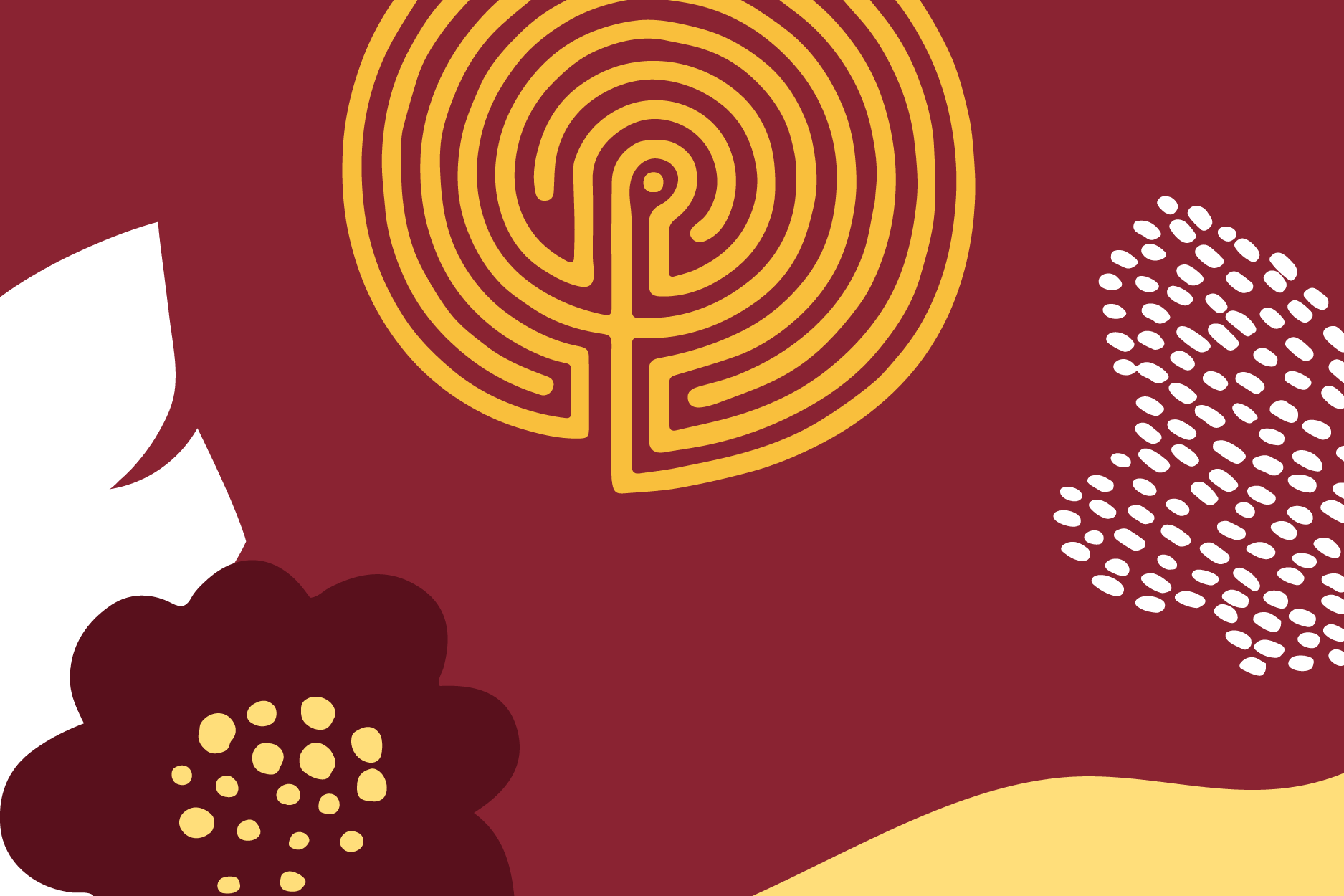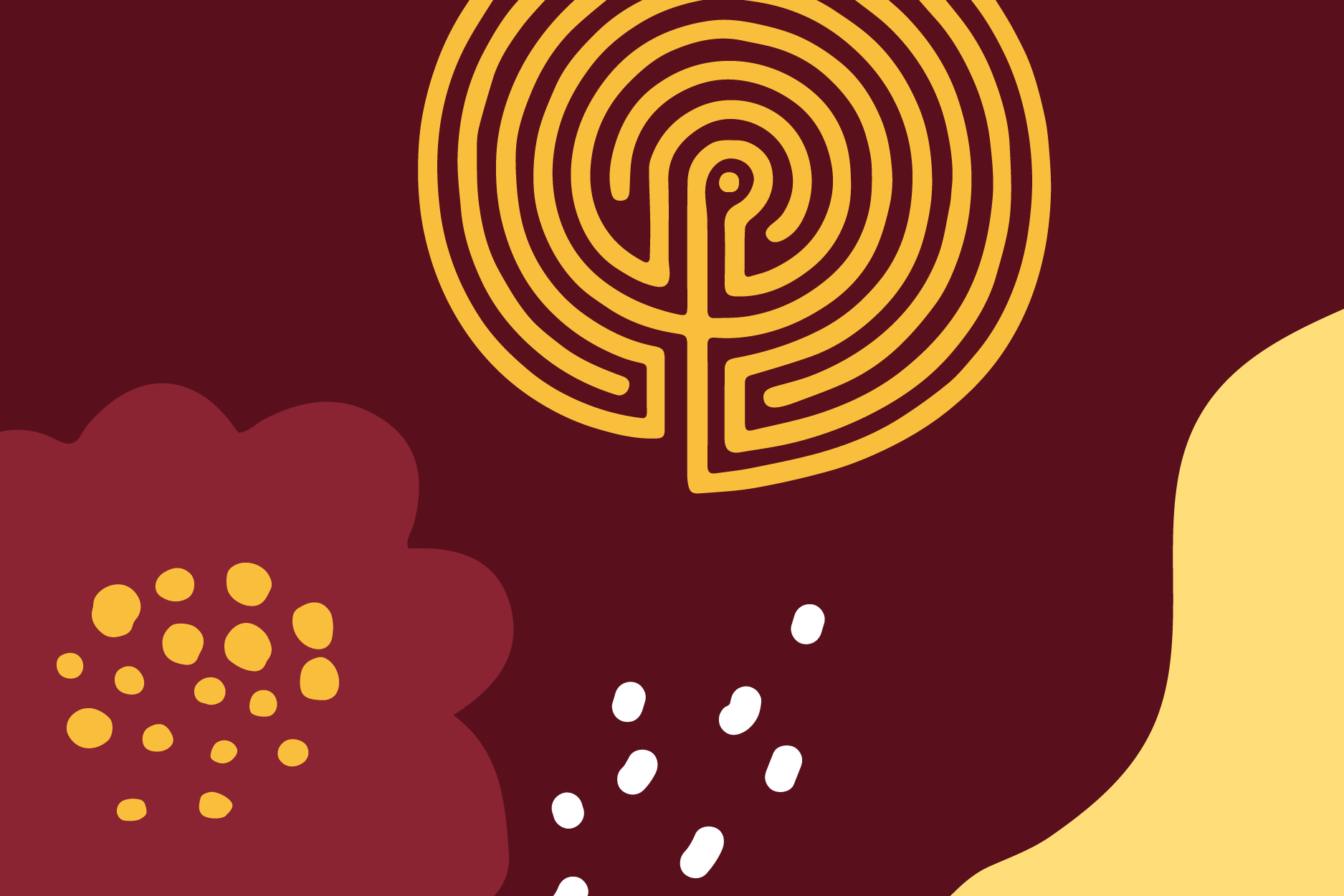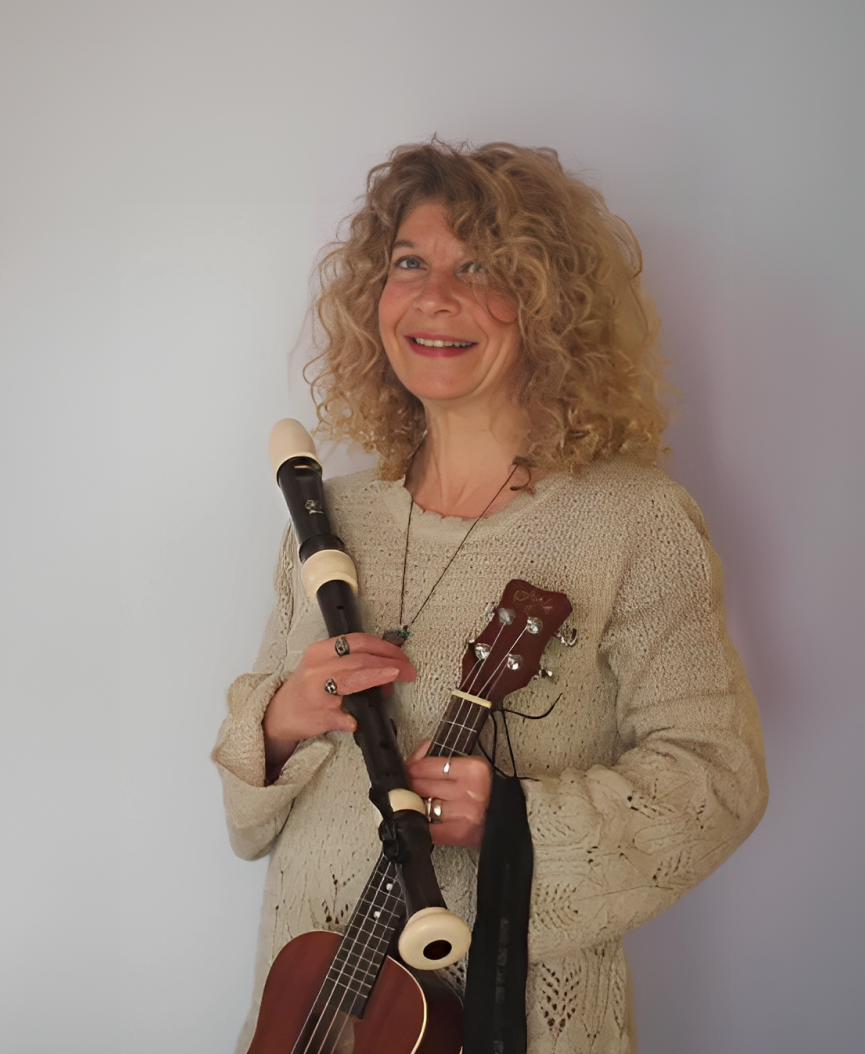Flipping the Script
Through community engagement, the Center’s Integrative Health and Wellbeing Research Program is building trust and addressing disparities in clinical studies.
March 10, 2023
Kevin Coss

A growing body of research suggests that people who suffer from chronic pain and other health conditions can benefit from complementary and integrative health approaches. That’s promising news - at least for the chunk of the populations to which the findings can be generalized. White Americans account for nearly 90 percent of clinical trial participants, although they make up only 61 percent of the population. People of color are underrepresented, which means researchers don’t have the same understanding of how accessible and effective these health activities are for them.
Since 2019, researchers at the Bakken Center for Spirituality & Healing’s Integrative Health and Wellbeing Research Program (IHWRP) have been working with community partners to change that. The research program’s Community Engagement Initiative (CEI) fosters authentic relationships in communities that are often missing from clinical studies to build more trust and collaboration into the research process. Ultimately, the initiative aims to improve health equity in complementary and integrative health research for pain management and wellbeing. Community partners in the CEI include the YMCA’s Equity Leader Institute, the Hue-MAN Partnership, and the University’s Robert J. Jones Urban Research and Outreach-Engagement Center (UROC).
Studies may feel impersonal or even extractive to community members when researchers only approach them to gather data and leave them out of the other steps of the research. “The CEI is an attempt to ‘flip the script’ and put communities in the forefront, engaging with them earlier and more frequently in the research process,” says Roni Evans, DC, PhD, IHWRP director, who leads the CEI alongside Doug Kennedy, PhD, assistant professor. “We’re connecting not only at the point where we need them to participate in our studies, but right from the very beginning.”
Community engagement is a priority in health care. In back pain research, which is the main focus of the IHWRP, representation of Hispanic and Black patients has been 2 to 3.5 times lower than census population estimates. Studies show people who are Hispanic or Black also use fewer complementary and integrative approaches than their white counterparts, as do people with lower levels of income and formal education.
A Turning Point
A few years ago, while presenting the results of a study to a community partner organization, IHWRP researchers lamented the lack of diversity among study participants. What followed, Evans said, was a turning point for the research program.“One of the leadership team members asked what we had done to really engage people in the community to understand their needs, and then proceeded to point out why our efforts were inadequate,” she said. “They called us out and challenged us to think and do things differently. It was very uncomfortable at the time, but I’m very glad they did.”
The CEI was launched to form real interactions with the people they were trying to reach. Initially, the effort focused on intercultural competency training and coaching for IWHRP research team members with the YMCA of the North’s Equity Leader Institute. When they secured additional funding in 2020-2021, the IHWRP team expanded the initiative to spend more dedicated time out in local communities.
A Foundation of Trust
The research team’s community engagement work, guided by their Community Advisory Team (CAT), is making a difference. Evans said the team has been welcomed warmly wherever they show up, and people have appreciated the team’s desire to interact with them and listen to their experiences.
Evans sees many opportunities ahead for community engagement efforts. The team will co-present this fall with two community partners at an installment of UROC’s Critical Conversations series, a public discussion for urbanfocused research, dialogue, and cultural events. They also plan to partner with UROC and some of the CAT members to launch a series of conversations called “Living Well With Pain,” which will foster conversations between community members, clinicians and practitioners, and researchers on how to empower individuals to better manage their pain. “We hope it sets the stage for building trust, initiating new research ideas, and bringing research results back to the community,” Evans said.
Connecting with Communities
A crucial part of the CEI effort is the Community Advisory Team. CAT members are trusted community leaders who work with the research team to bring fresh insights and a broader perspective than the researchers would have on their own. They also facilitate early and frequent connections with community members and organizations to help the team build relationships and understand cultural considerations that might affect the health activities studies involve.
“Community input at the beginning of the research process — and not just around the dissemination of results — is key to engagement,” said Makeda Zulu, UROC’s executive director and a member of the advisory team. “And engagement is key to building trust, a cornerstone to sustain a reciprocal and transformative community-University relationship.” The advisory team has helped design new culturally sensitive recruitment materials for two NIH studies. One of them, SUPPORT, received supplemental funding to dive deeper into the unique needs and barriers people who experience health disparities might face when trying to manage chronic back pain. The other study, PACBACK, explores drug-free alternatives to treating low back pain.
“This model really helps people want to be involved,” said Dr. Ronda Chakolis, PharmD, MPH, a member of the advisory team. “Having the opportunity to provide feedback that says, ‘hey, this message maybe doesn’t resonate well with my community. Can you do x, y, and z to change it?’ That’s very respectful and inclusive, and it makes people feel like they are part of the research.”
Similarly, CAT feedback helped the IHWRP’s Doug Kennedy improve a recruitment flyer to better appeal to members of the community. Zulu said this was an encouraging example of greater respect and trust in the research process. “People could see themselves in the flyer,” she said. “This type of engagement releases some of the pain of the past research done on so many, causing harm and leaving nothing for the sacrifice and stolen cells, lives, and sanity. There is so much more work left to do.”
In addition to forging connections with the community and advising on research activities, CAT members have also participated in developing and delivering training on topics related to diversity, equity, and inclusion.
“As researchers, the question we always ask is who is your target audience,” Chakolis said. “And so when you’re targeting a certain audience, it’s important to be mindful and say, ‘I need to have someone who is reflective of that target audience informing my research, my practice, and even helping to navigate those relationships.’”
We welcome the opportunity to explore with you how a financial gift can make a profound difference. Help us train the next generation, foster innovation, or ensure the legacy of this groundbreaking work by establishing a Research Chair. To begin the conversation, contact: Virginia Kaczmarek, Development Officer, at 612-624-1121.


